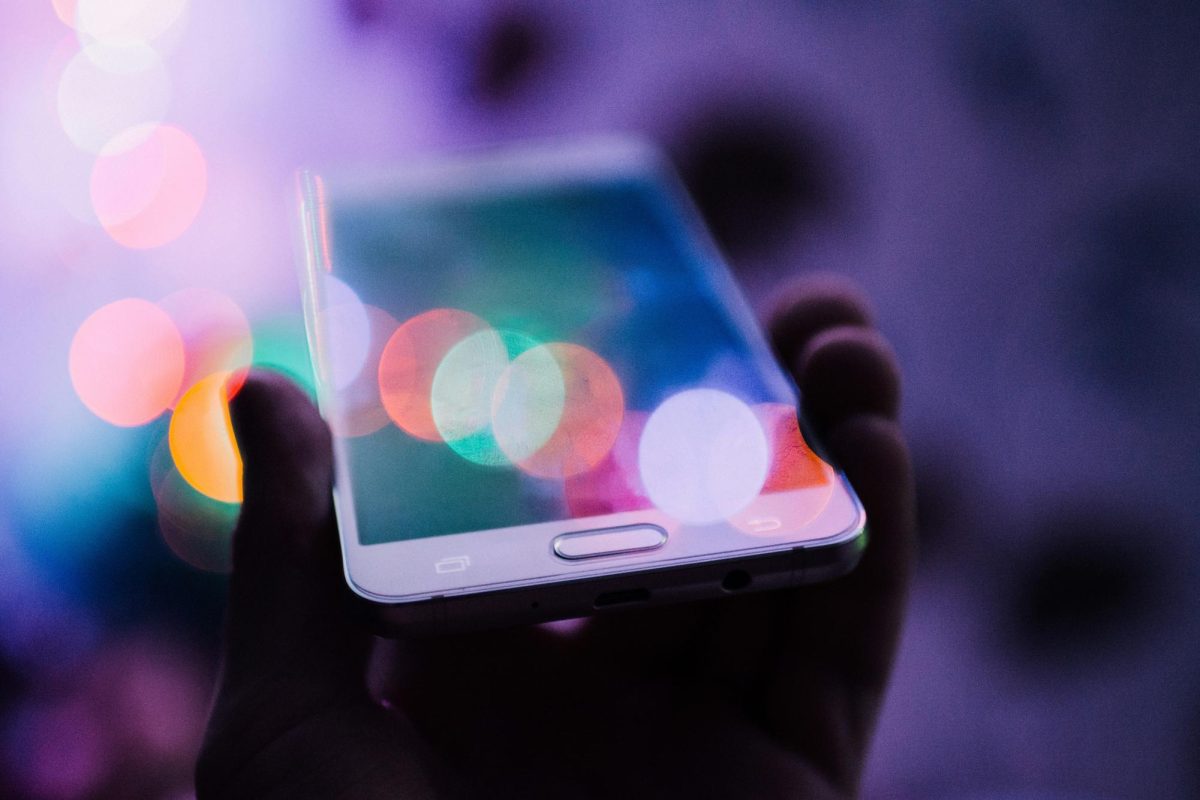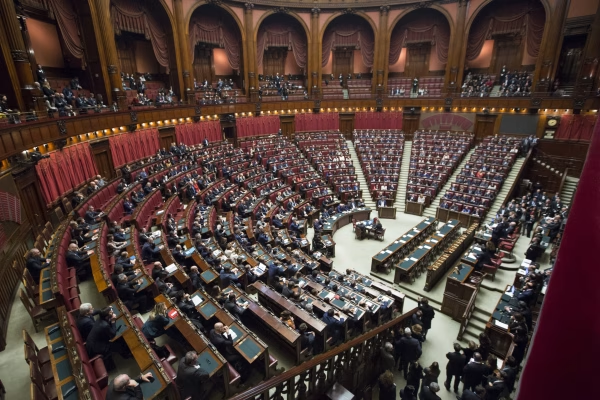Think Before You Post
From a simple Instagram post to a Vogue magazine cover, women are constantly confronted with unrealistic and overly sexualized images of the female body. Just a click away from almost every adolescent there is an Instagram model for young girls to compare themselves to. The beauty standards for women in America and even globally are toxic and can be so difficult to navigate for grown women, never mind more impressionable teenage girls. It can be so damaging to our self-esteem and self-image to go online and see all these pictures of what we “should” look like. Not to mention these standards are unattainable because they are not even real. With a thin waist and flat stomach but enough curves where you still have an ass and boobs these pictures are far from realistic. And on top of that filters and airbrushing have altered standards in a whole new way. From being compared to Victoria’s Secret models to Kim Kardashian, there is constantly an ideal body type that encourages both fatphobic and skinny-shaming tendencies.
These expectations are completely unrealistic and extremely damaging to mental health. Licensed board-certified counselor and Certified Eating Disorders Specialist-Supervisor Kelly Heath writes, “Body dissatisfaction arises when someone is unable to attain this socially prescribed level of attractiveness despite the great effort put into changing a body that they perceive to be inferior. When a person’s realistic body and their ideal body images do not match, this can often lead to mental health issues such as eating disorders, mood disorders, and anxiety disorders.” Social media plays a major role in what she calls “socially prescribed level of attractiveness” (Amy Duff, Choosing Therapy). Without even realizing it, by liking Instagram posts of models and normalizing their mainly photoshopped and posed bodies, social media and those who participate are constantly pressuring girls to look a certain way. An extreme example of this includes the experience of many celebrities. As previously mentioned many images on the internet sexualize and portray unrealistic beauty standards. The majority of these images include celebrities. These celebrities often are praised and even sometimes become famous for their conformity to these standards. Although they are often praised, they are also more subject to ridicule and sexualization of their bodies to look a certain way. If a celebrity ultimately does not conform and model to what the current beauty standard is, they are often slammed with hate and harassment. Selena Gomez who is a famous singer and actress who has been in the public eye from a very young age is a good example. She writes, “From the time I can remember, I’ve always felt like I had to be perfect or look a certain way.” After enduring medical issues the singer and actress were subject to a plethora of body shaming comments due to weight gain. She goes on to say that after being slammed in the media about her weight gain, she had to take a break from social media. She deleted apps like Instagram because the negative comments had an extreme effect on her mental health and she went as far as to say they fed into her depression. At the time she took to Instagram to write, “Update: taking a social media break…. As much as I am grateful for the voice that social media gives each of us, I am equally grateful to be able to step back and live my life present to the moment I have been given…..Just remember— negative comments can hurt anybody’s feelings.”
Social media’s over-sexualization of young girls enforces these societal beauty standards by connecting women’s worth and status to their bodies and appearance. Our self-worth and self-esteem are so important to our mental health and well-being. According to the National Institute of Health, one in three of all adolescents from the ages of 13 to 18 experience an anxiety disorder, and other studies suggest those numbers are increased in women. A comparable 38% of female adolescents and 26% of male adolescents experience some type of anxiety disorder. These numbers have been rising steadily since 2007 as anxiety disorders in children and teens increased by 20% when Instagram was released in 2010. People can comment on women’s bodies who they might not even know and this is largely normalized. This just reinforces the idea that this culture and ideals about women and their bodies are ok. From a simple Instagram comment to harassment on the Internet, young girls and women are subject to catcalling not only in real life but online. While sexual harassment is not a new issue and does happen off the Internet, it has become more common with social media. Now not only can women walk down the street and experience this but now they can simply check their DM’s and see nasty and oftentimes sexual messages any time of the day, even in the comfort of their own homes. With technology constantly at our fingertips we can look at our phone almost any time of the day and see a private message on Instagram from a stranger with almost no repercussions for the people doing the harassing. This perpetuates rape culture– a society or environment whose prevailing social attitudes have the effect of normalizing or trivializing sexual assault and abuse. As author Roxane Gay says in Not That Bad: Dispatches from Rape Culture we as women are “routinely second-guessed, blown off, discredited, denigrated, besmirched, belittled, patronized, mocked, shamed, gaslit, insulted, and bullied.” With all of these negatives, it is only natural that so many young women and even adults develop anxiety, depression, and other disorders.
This is not an issue that can be fixed by simply deleting Instagram. This is an underlying societal issue as a whole that requires fundamental changes in our everyday lives and ways of thinking about women. Social media is so ingrained in our society that it is sometimes impossible to separate real life and what is on the Internet, and would be almost impossible to eliminate entirely. On a person-to-person level, every like and mindless click can affect someone more than you could imagine. Next time you’re scrolling through your feed or posting something of your own, think about what you’re putting out into the world.
Photo by Rodion Kutsaiev on Unsplash







